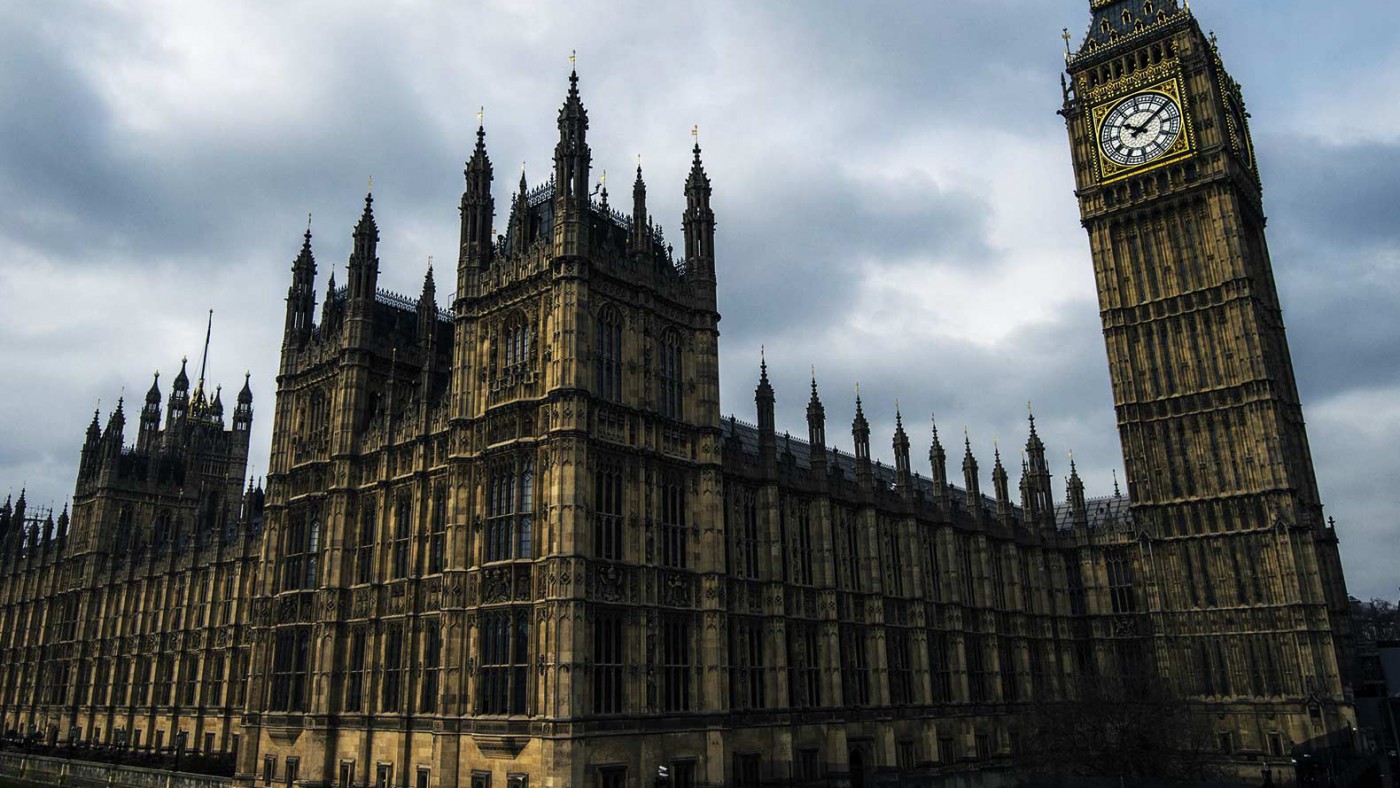It was supposed to be so different. Boris Johnson was going to be the star of a big climate conference, an event so important that the Government had a dedicated minister overseeing proceedings. But rather than all eyes being on Glasgow, British politics has been gripped by farce-infused scandal, with the resignation of a veteran Tory MP and what must be the fastest government U-turn on record.
And all this without even achieving the thing the Tories ostensibly set out to do – revamping the disciplinary procedure for MPs. That effort now looks dead in the water, as there’s no way any of the opposition parties are going to hitch their wagon to a government-led reform process. And judging by the reaction of some Tory MPs, the PM will have to put in a real shift at the upcoming ‘Levelling Up’ away-day to mend fences with his own party.
I don’t think this week’s events will somehow ruin the reputation of politics though. Not because the Paterson affair hasn’t been a shameful shambles, but because politicians’ reputation is already so deep in the mire it hasn’t much further to sink.
Just look at Frank Luntz’s recent polling for our parent organisation, the Centre for Policy Studies, in which 70% of respondents said MPs were in politics either ‘for themselves’ or ‘for their party’, and only 9% said MPs put their constituents first. Alarmingly, two thirds also agreed that their attitude to politicians was ‘f*ck ’em all’. (Just as worryingly for a site that makes the case for markets and capitalism, voters’ view of businesspeople was similarly negative.)
The sense of disillusionment those findings underline is extremely dispiriting. They also make difficult reading for those of us who believe most MPs go into politics for the right reasons, work hard and make big sacrifices to serve their constituents. No one is suggesting politicians are all angels, especially after this week, but nor do they deserve anything like the level of visceral hostility aimed their way. It’s worth remembering too that politics isn’t just MPs: there are thousands and thousands of councillors, staffers, civil servants, unpaid advisers and so on who spend their time engaged in pretty unglamorous public service.
As for the Conservatives, the obvious argument is that this particular scandal isn’t going to somehow bring down the Government – how would that work anyway? – but that the drip-drip of negative headlines will gradually corrode its popularity. It’s a reasonable thesis, but as Marie Le Conte argued on CapX this week, trying to guess how events now will affect an election that is still several years away is a fool’s errand. It’s also worth making the point that scandals and governmental incompetence are bad on their own terms, regardless of their impact on the polls.
That said, the key point in terms of the political horse-race – made well by pollster James Johnson – is that accusations of sleaze will only truly start to damage the Tories if the public see a viable alternative, which still looks a long way off under Keir Starmer’s workmanlike Labour leadership.
Click here to subscribe to our daily briefing – the best pieces from CapX and across the web.
CapX depends on the generosity of its readers. If you value what we do, please consider making a donation.


